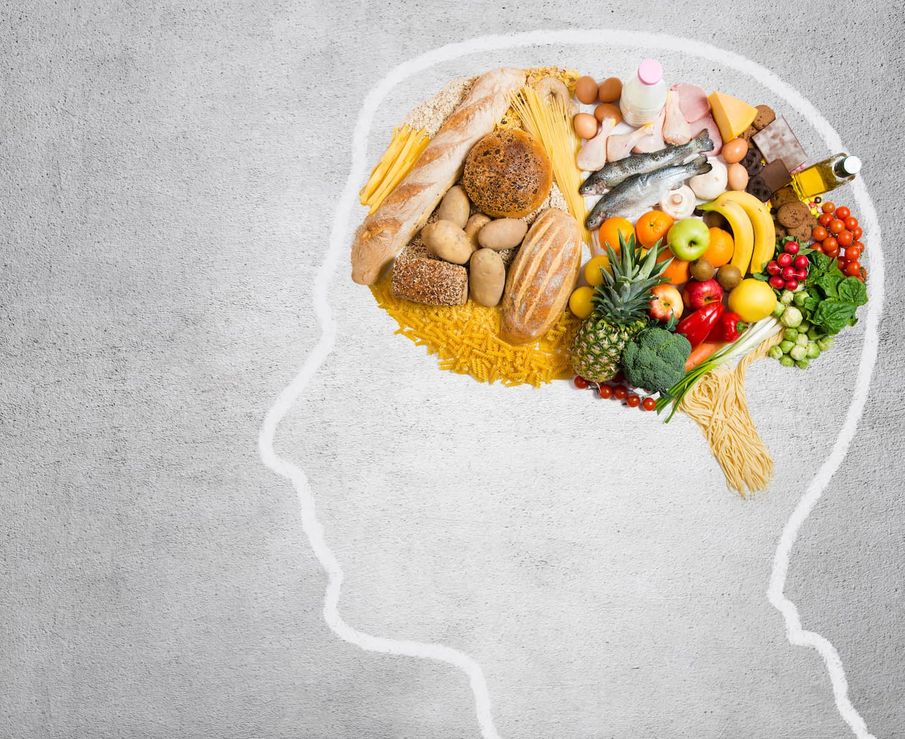You may want to take your time next time you sit down for a bite to eat - new research claims that eating slowly could help prevent obesity
A study of type 2 diabetics found a link between eating slowly and lower BMI, as well as lower waist circumference. Study results stated that “changes in eating speed can affect changes in obesity, BMI and waist circumference. Interventions aimed at reducing eating speed may be effective in preventing obesity and lowering the associated health risks”.
“When we eat quickly, we have often finished our meal and looking for more food before our stomach has sent a message to our brain that it is full, as this takes around 20 minutes. This message is sent via the hormone cholecystokinin from the intestine, with leptin telling the brain it is full and therefore likely fewer calories consumed,” Nutritionist Resource member Rebecca Pilkington said.

When eating too quickly, there’s more chance that these hormones won’t get the chance to work properly, Rebecca, who is a Nutritional Therapist, said. “Over time this can be a contributing factor to our body becoming resistant to them. Leptin is responsible for feeling full and essentially tells the brain we have enough fat so stop eating”.
Although researchers specifically focused on eating speed and lifestyle habits of patients with type 2 diabetes, they also examined other habits such as eating dinner within two hours of sleeping, after dinner snacking, skipping breakfast, alcohol consumption frequency, sleep adequacy and tobacco consumption.
“My advice is slow down, chew your food thoroughly and wait before you go in for seconds until your body processes the food it has eaten. If you are a quick eater, the following mindful tips around meal times can be useful: focus on the food and not other activities such as TV or reading, eat with your less dominant hand, and try to chew each mouthful 30 times and focus on the flavours” she said.
Remember that when eating too quickly, your brain won’t get the signal that you have enough fat or are full, which will make you continue to crave food and calories.
Source: Hurst Y, Fukuda H Effects of changes in eating speed on obesity in patients with diabetes: a secondary analysis of longitudinal health check-up data BMJ Open 2018;8:e019589. doi: 10.1136/bmjopen-2017-019589


Comments